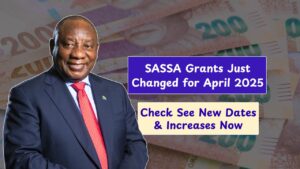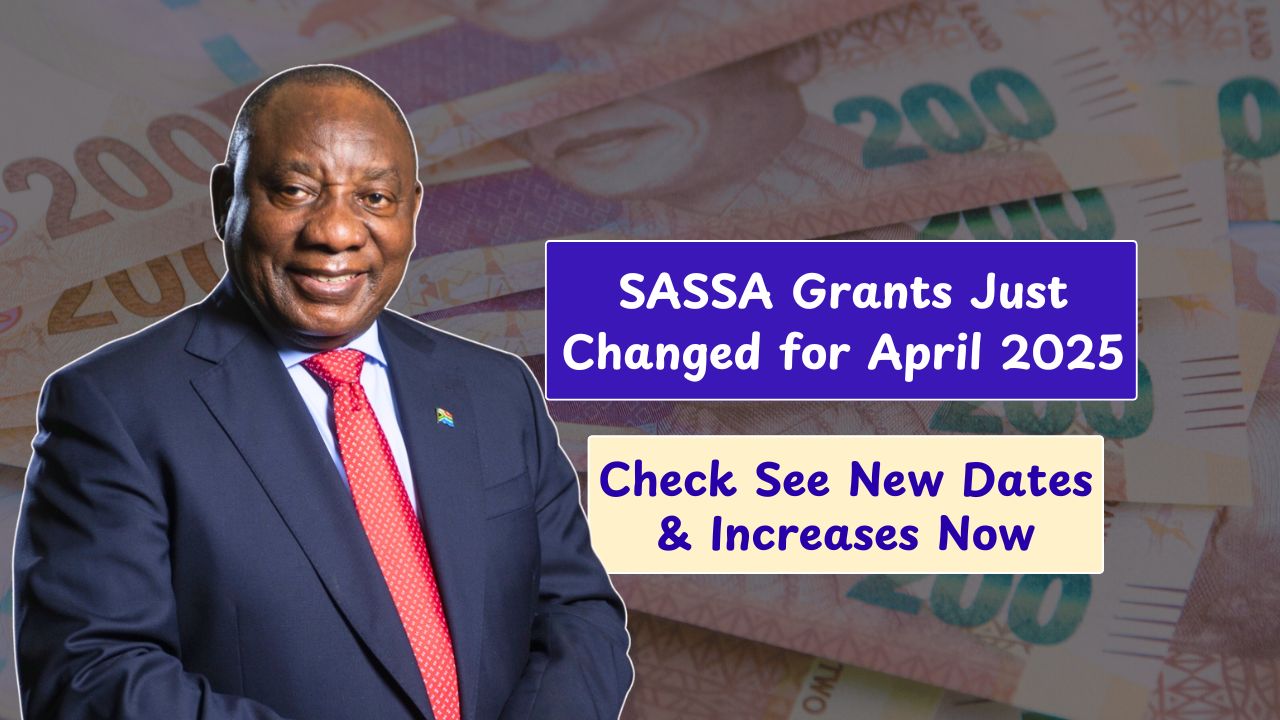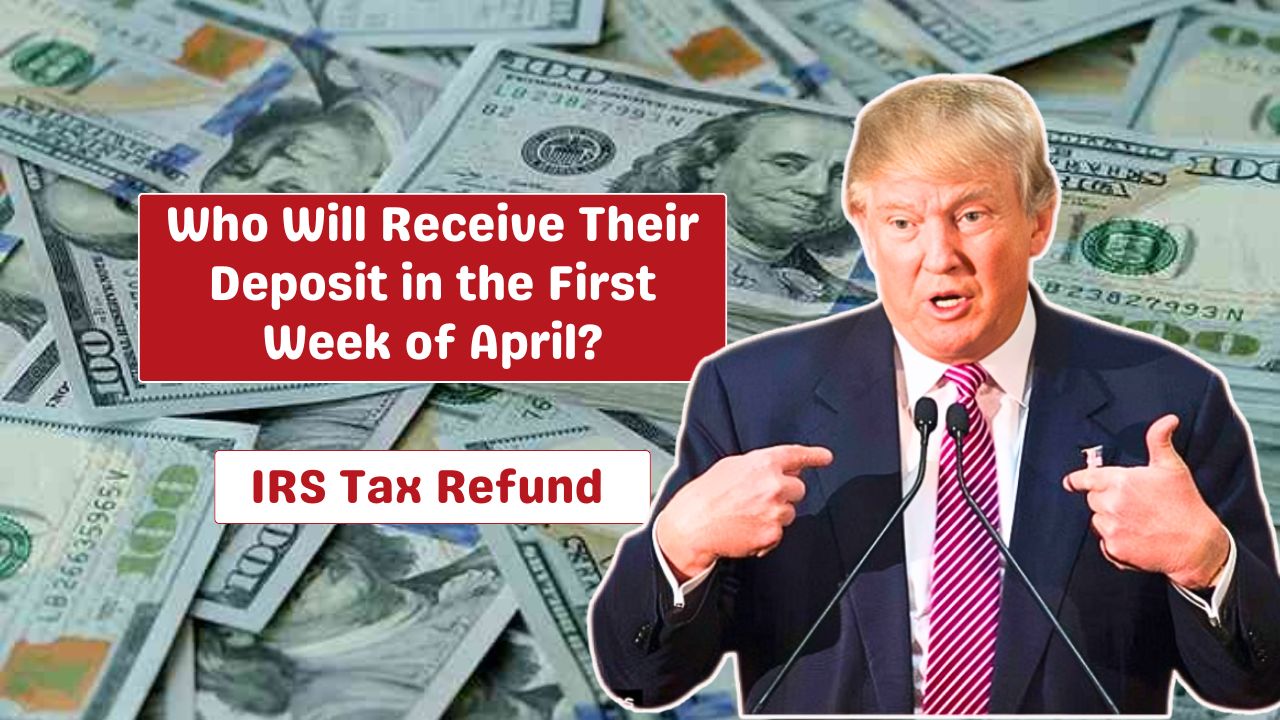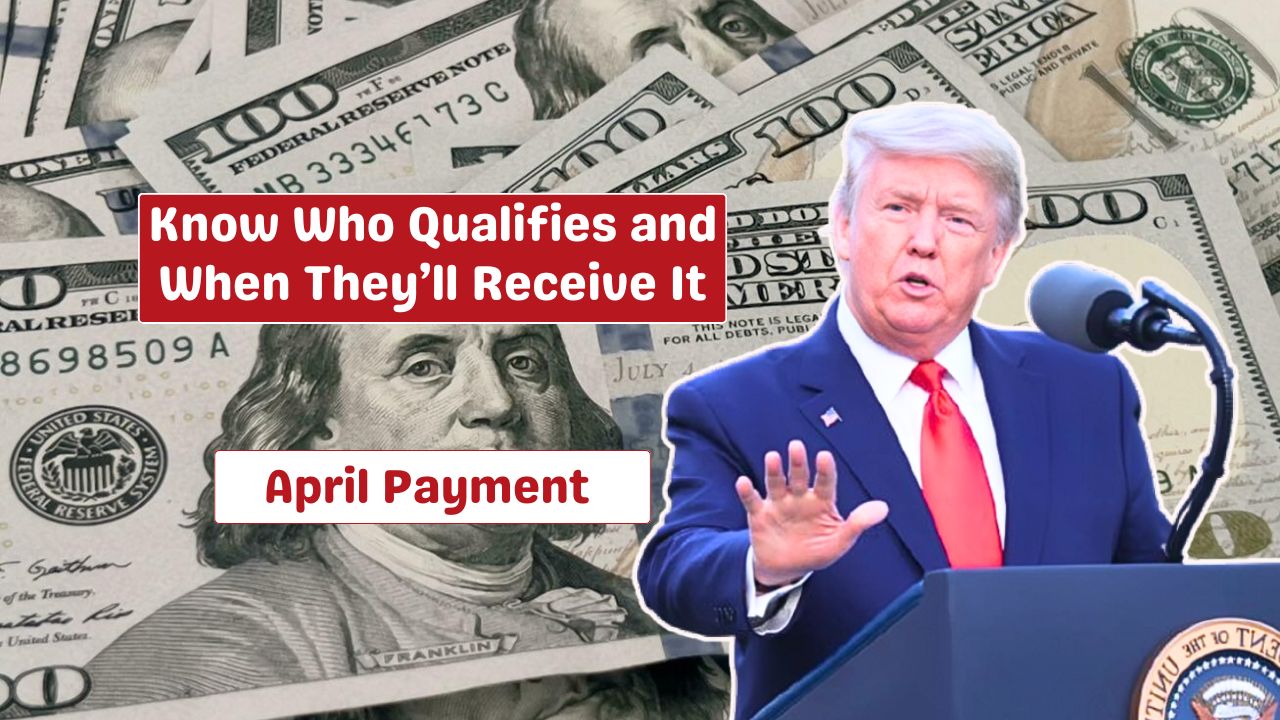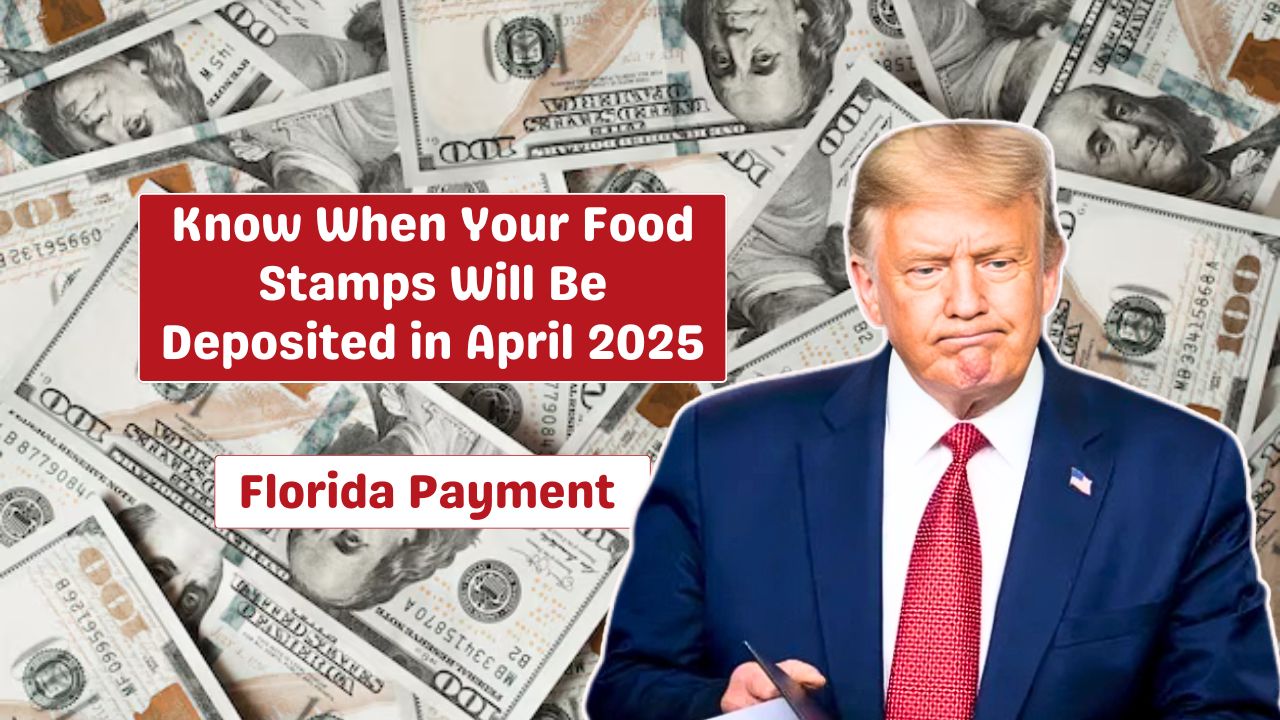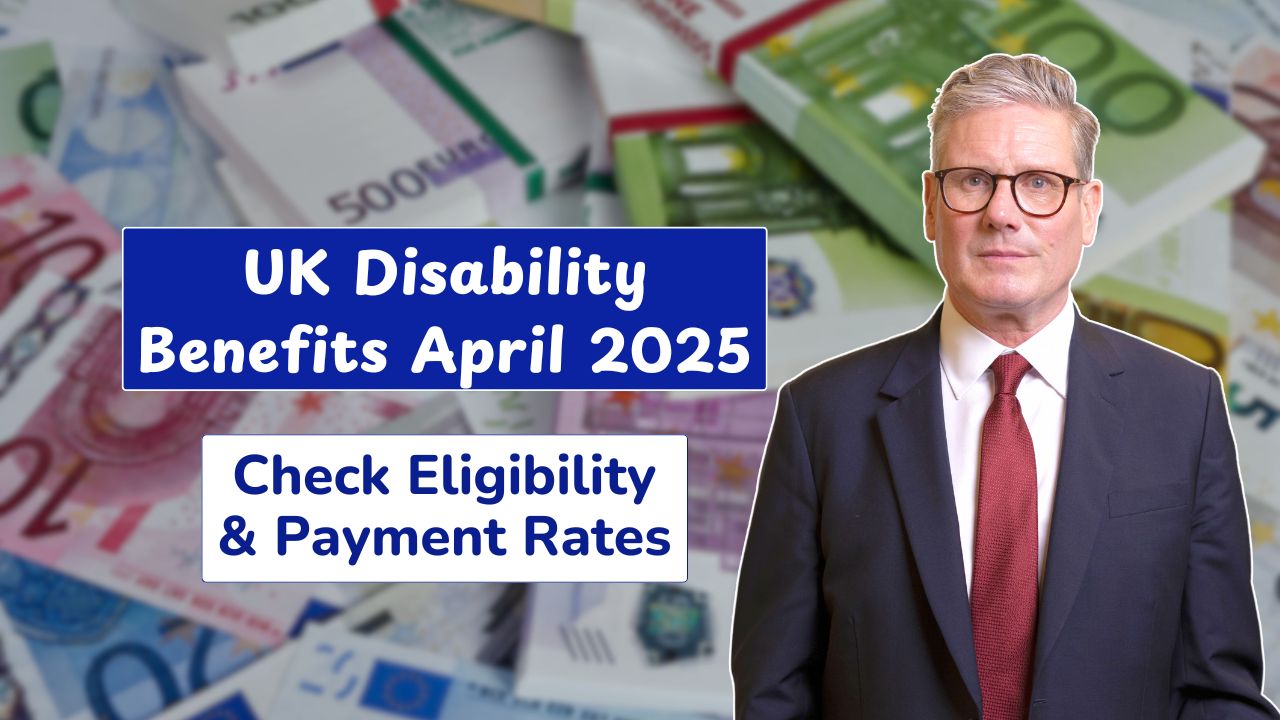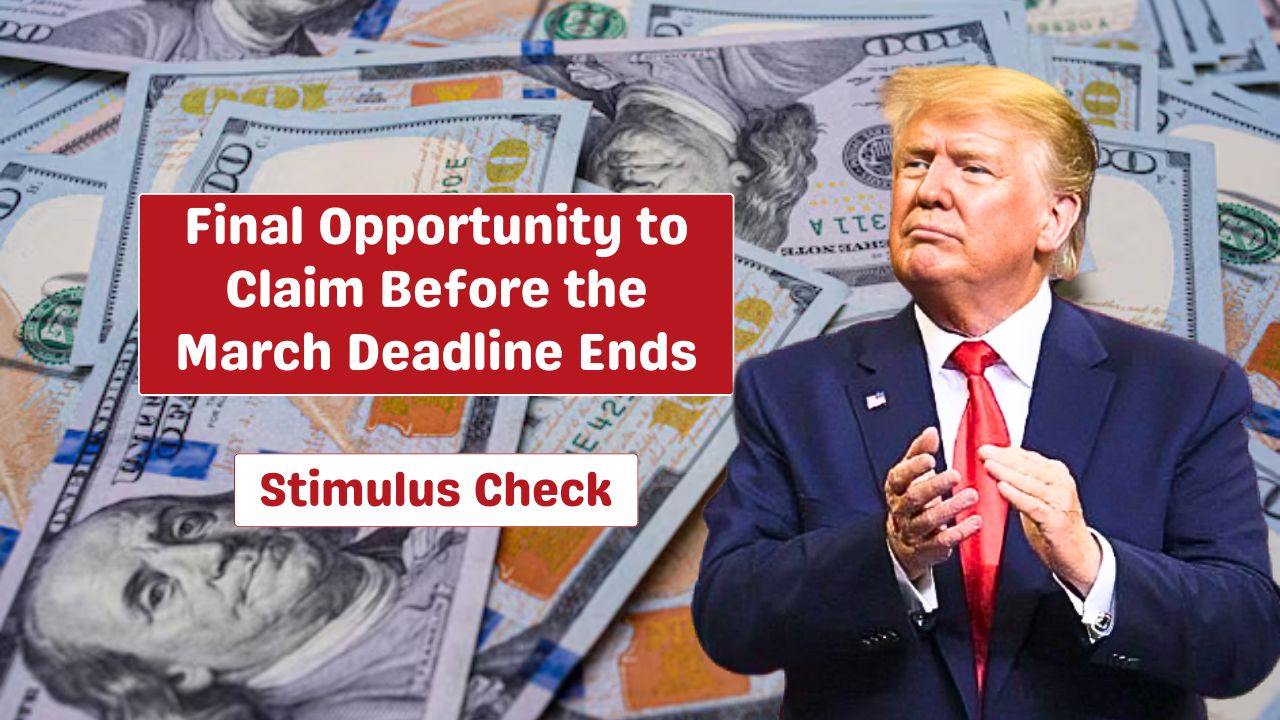In recent weeks, social media has been buzzing with claims about a new $1,000 stimulus check being distributed to Americans in November and December 2024. This claim, popularized by a viral Facebook video, has sparked excitement and confusion. The video alleges that the government is issuing these checks to alleviate rising credit card debt. But how accurate is this claim? Let’s unpack the facts.
Table of Contents
Stimulus Check
A Facebook video claims that a $1,000 stimulus check is being sent to all Americans, supposedly with no restrictions. The video cites rising financial struggles as the reason behind the alleged distribution. The claim gained traction because of its detailed presentation and timing, but upon closer scrutiny, it turns out to be completely false. Let’s cut into the reasons why.
IRS Response
The Internal Revenue Service (IRS) is the federal agency that oversees stimulus payments. In response to the viral claim, an IRS spokesperson categorically denied the existence of any $1,000 stimulus program. They reiterated that no new initiative has been approved and cautioned the public to avoid falling for misinformation, particularly scams targeting vulnerable groups.
False Claims
The viral video begins with a clip of CBS News anchor Norah O’Donnell discussing credit card debt. However, the footage has been edited to mislead viewers. Content verification platforms like TrueMedia.org revealed that the original CBS segment aired in June 2023, well before the alleged stimulus plan. The segment only discussed rising debt levels and had no mention of a $1,000 check.
This deliberate manipulation of old news clips to present them as current highlights how misinformation is crafted to deceive.
Announcements
If a $1,000 stimulus check were being issued, it would be prominently announced on official platforms such as IRS.gov, the U.S. Department of Treasury website, and major news outlets. A thorough review of these channels revealed no such announcements.
In addition, previous stimulus programs during the COVID-19 pandemic were accompanied by clear guidelines, press releases, and widespread media coverage. None of these hallmarks of legitimacy exist for the current $1,000 claim, further proving its inaccuracy.
Claims Spread
Misinformation about financial relief often spreads because it preys on public hope and financial stress. Many Americans are still dealing with the aftermath of the pandemic and rising living costs, making them more susceptible to believing in the possibility of new relief measures. Scammers and opportunists exploit this vulnerability by creating content designed to go viral.
Financial Misinformation
Here are some practical tips for identifying false claims about financial programs:
- Check Reliable Sources: Always verify information with trusted government websites like IRS.gov or respected news outlets.
- Analyze Content Closely: Be skeptical of videos that use spliced clips or lack clear references to current events.
- Seek Expert Advice: When in doubt, consult financial experts or accountants who can provide accurate guidance.
The rumor of a $1,000 stimulus check being issued in November or December 2024 is entirely false. It originated from a manipulated video that misused old news footage to spread misinformation.
Neither the IRS nor any other official entity has confirmed such a program. To avoid confusion, always rely on credible sources and verify financial claims before believing or sharing them.
Misleading claims like these create unnecessary stress and uncertainty. By staying informed and vigilant, you can avoid being misled by viral misinformation.
FAQs
Is there a $1,000 stimulus check for 2024?
No, this claim is false. No such program has been announced.
Why do such claims go viral?
Misinformation spreads due to financial stress and emotional appeal.
Where can I verify stimulus check news?
Check reliable sources like IRS.gov and major news outlets.
Has the IRS announced a new stimulus?
No, the IRS has denied any new stimulus check programs for 2024.
How to avoid falling for financial scams?
Verify claims, scrutinize content, and consult trusted experts.

